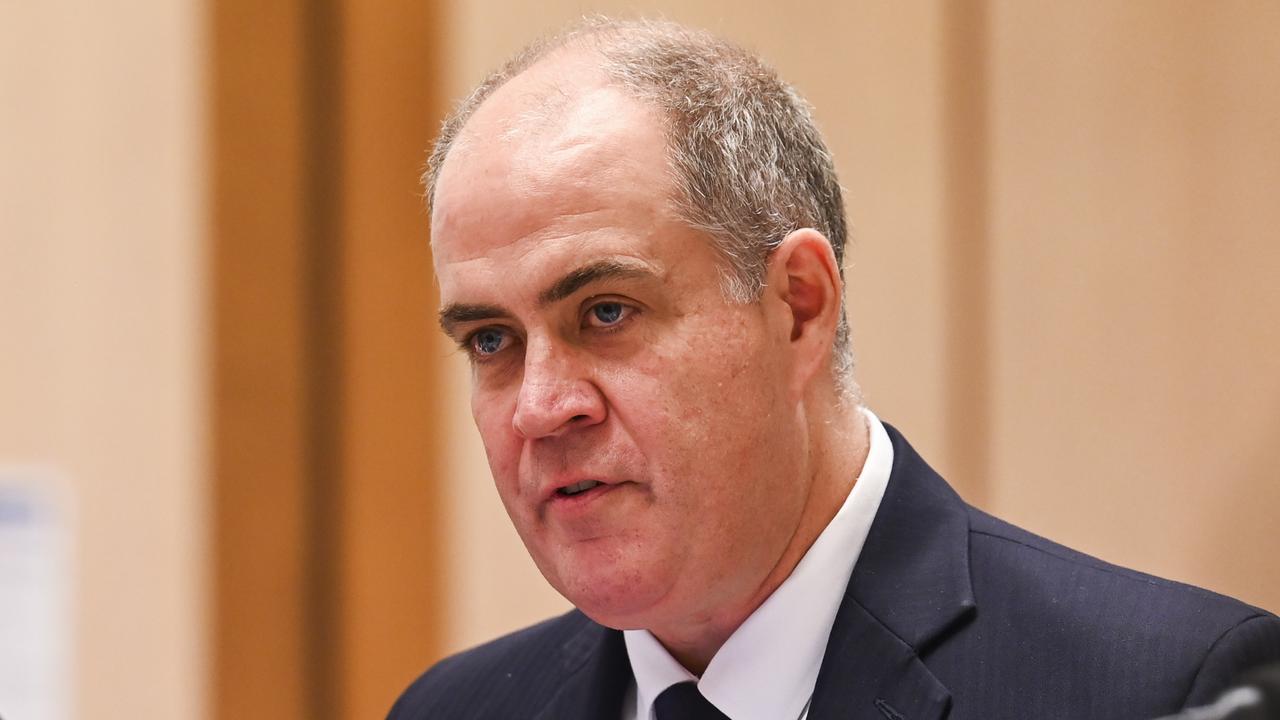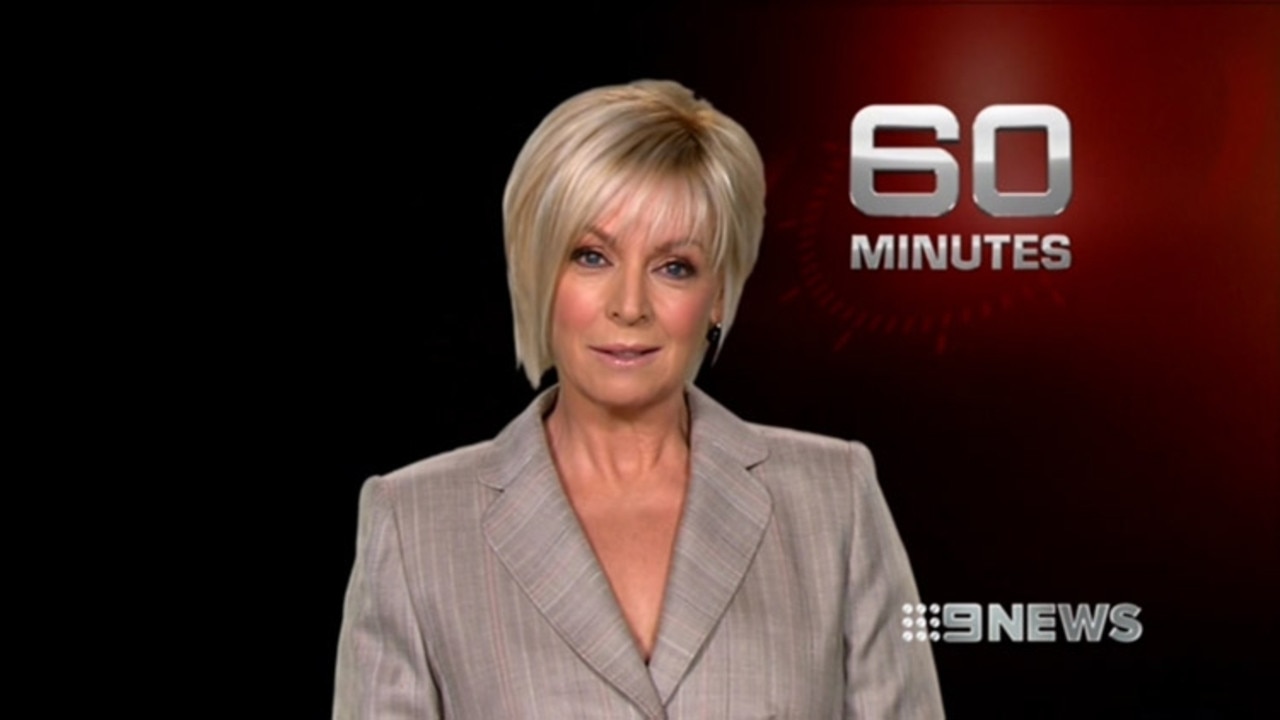Opinion: The 60 Minutes crew deserve better than this
THE 60 Minutes crew deserve better than this, writes Jenna Martin. They were just journalists doing their jobs.
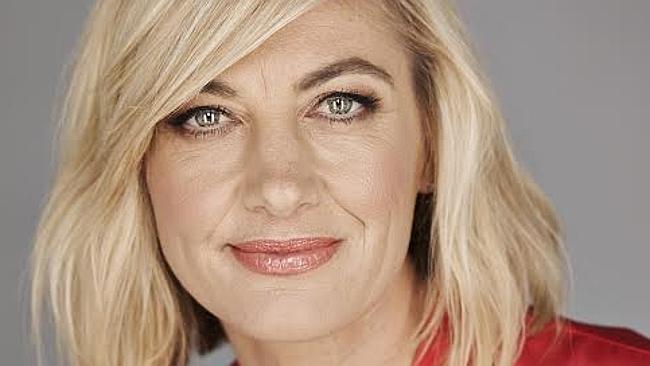
THERE’S been much talk this week about the ethics of the 60 Minutes crew now imprisoned following a bungled child recovery operation. Among other things, they’ve been called “cowboys for justice”, “sanctimonious and stupid” and have been accused of “exploiting a mother’s pain” for the sake of a good story.
As the daughter of Ray Martin, a former 60 Minutes journo, I am very sympathetic to the plight of the crew involved, and of their families, and I’m offended by the lack of support they have received from members of their own profession — people who frankly should know better.
In my lifetime, dad covered warzones, coups, and natural disasters among countless, dangerous others.
Dad dropped out of contact for a week once in Libya, days before the overthrow of Gaddafi. All we saw on the news was gunfire in the streets. All we heard from him was terrifying silence. When he finally called, it was from Malta where he’d ended up, via Tunisia, having stealthily slipped over the treacherous Libyan border.
We didn’t get the full sense of exactly what dangers he had faced until we saw it weeks later, on 60 Minutes.
When I was younger, he headed to Aceh with A Current Affair after the devastating Boxing Day tsunami. We lost contact with him there, too. We only knew he was OK when we saw him days later on TV, cradling a distraught father who had lost his whole family in the tragedy.
I didn’t want dad to go to Aceh, Afghanistan or Libya. But for him there was no choice: he had to tell an important story. And for the work he did and the stories he shared with Australia, I couldn’t be more proud.
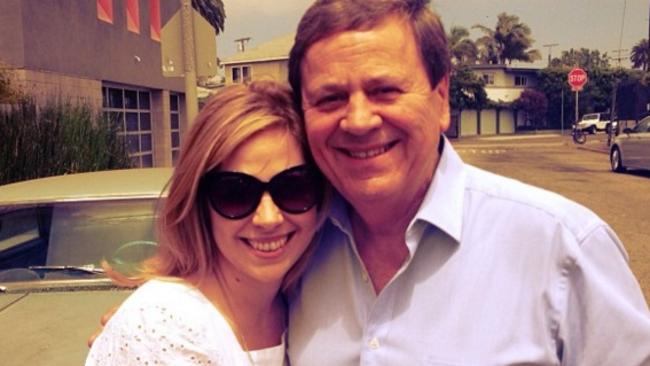
We live in a cynical time. So inundated with content, all we hear (and want to make) is noise.
We’re quick to judge and we’re also very quick to label something “sensationalist” when it might just be a good story.
We expect such accusations from angry armchair commentators and Twitter trolls but when it comes from journos themselves, like it is now, it’s insulting and hypocritical.
I defy any journo not to have run with this story if it landed in their laps. For the kudos at the other end, sure, but also ethically because it was probably right thing to do.
I know some of the crew locked up in prison. I have friends in the extended 60 Minutes family. And frankly, this is a family that deserves better than the accusations that have been flung their way from other members of the media.
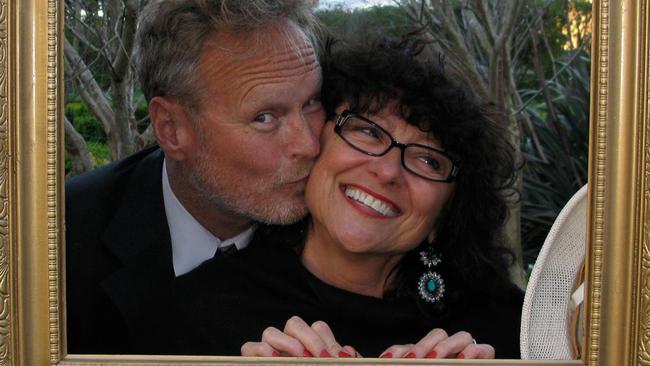

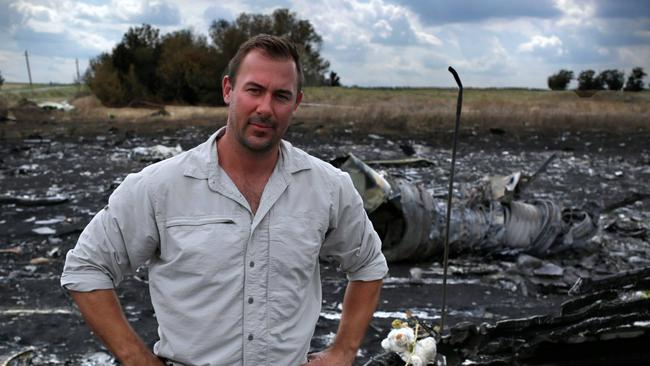
Were they going after a great story? Without a doubt. But in pursuit, were their ethics and morals in question? I’d say the opposite. I’d say they were so heavily driven by ethics that they saw a duty to report.
The fact is, Sally Faulkner was desperate. And desperate people go to desperate lengths, more often than not, to the media. Because, whether you’re a member of the general public filming a racist tirade on a mobile or a news crew in a war zone, if you turn on a camera, people will notice.
Of course, television is a ratings game. I know 60 Minutes has the same need for attention-getting content as any show does. And sure, some journos are scumbags, as are some doctors, lawyers and politicians. But for people to suggest this story was nothing more than a cash-grab for ratings is cynical, stupid and deeply unfair.
For a journo, sneaking into dangerous places without visas, accepting purloined government documents, meeting with criminals and rebels and breaking laws is par for the course because sometimes laws are archaic and some wrongs need to be exposed.
Journos the world over have done this — and won awards for doing this — as long as journalism has existed, my dad included.
I wonder if the same accusations would have been hurled at Four Corners if it was them, not 60, who found themselves banged up abroad. I don’t remember any cries of cowboy journalism when the Four Corners crew were themselves arrested in Malaysia last month, despite the fact that local laws were breached in that case too. But then Channel 9 has always been an easy target and by default, 60 Minutes is too — for anyone who doesn’t actually watch it and know better.
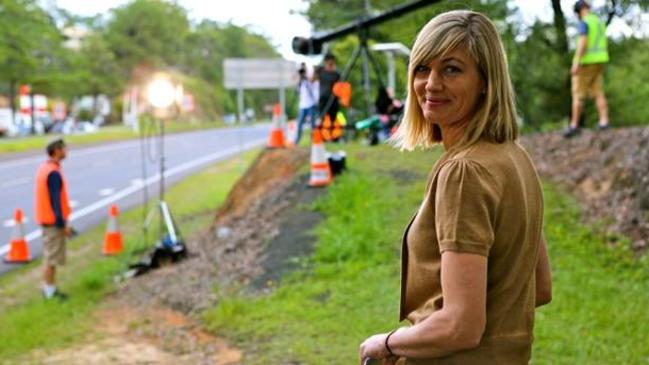
I am not a spokesperson for Channel 9 or 60 Minutes (To be honest, I think there’s a lot of crap on commercial TV, Channel 9 included). But if you actually watched the show, you’d know that 60 Minutes has told remarkable stories of success, courage and survival.
It’s reunited families, caught criminals, highlighted incredible men and women from all walks of life and given a platform for victims of domestic, racial and sexual abuse among countless other triumphs.
Most recently, this same show travelled to Syria, more than once, to tell us about the heroic women taking up arms to win back their Isis-ravaged cities, and to bring us the plight of two Aussie parents, desperate to collect their young son, fighting in hostile territory.
60 Minutes has been telling stories like this for almost 40 years. You don’t last that long by being “sensationalist”: you last because your audience likes — and more importantly trusts — you.
Journalists are meant to be crusaders for truth and decency. From war correspondents who put their lives on the line every minute to Woodward & Bernstein who brought down a President: sure, a scoop is sexy but you rarely risk your career and your life just for a scoop: you do it because you believe it’s the right thing to do. Any journo that suggests otherwise is either ignorant, jealous or stupid.
Tara Brown, Stephen Rice, Ben Williamson and David “Tangles” Ballment all have families waiting for them in Australia. Families that love them and put up with long absences and long days without contact. Families that know, and respect, the dangers of the work they’re sometimes asked to do. As my own family do.
To call this sort of journalism sensational or exploitative is insulting to the crew and insensitive to those waiting anxiously at home.
This wasn’t the paparazzi tailgating Kim & Kanye. 60 Minutes was covering a story: the reunion ofa distraught mother with her children who had been taken far away, where she couldn’t see them, in a place where her legal right to custody didn’t matter.
In other words, they were trying to do their jobs.
Jenna Martin is a freelance writer and author of Driving Under The Influence.


